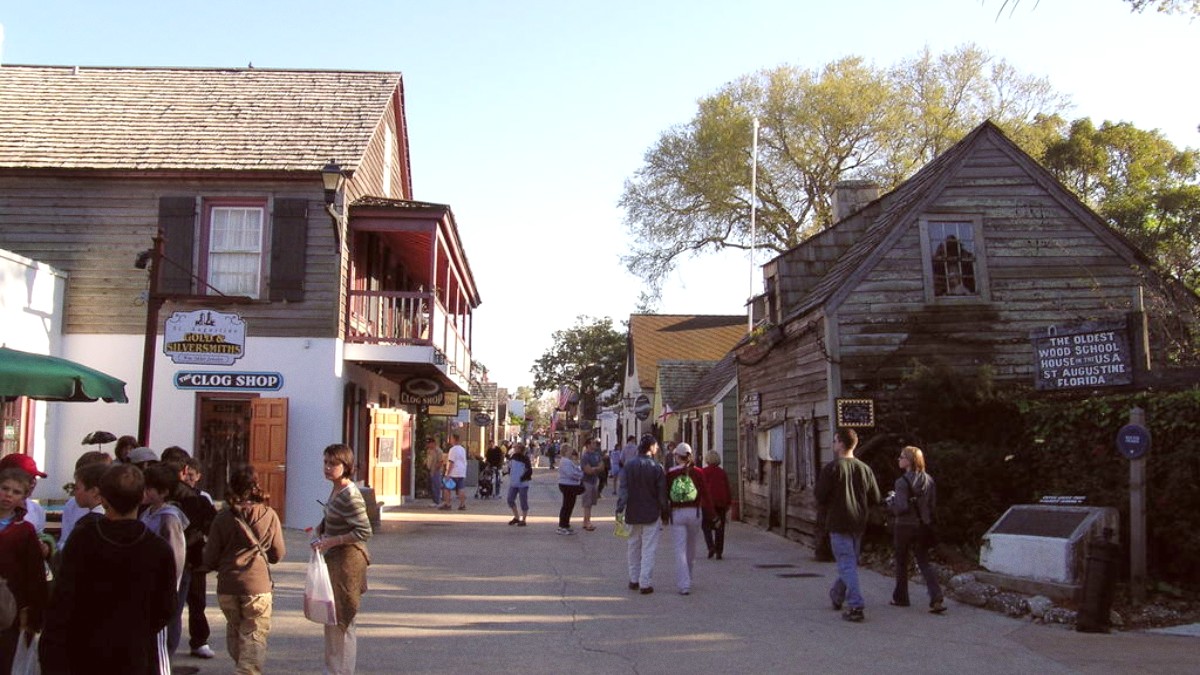
Florida, USA
St. Augustine is surrounded by sensitive coastal ecosystems like Anastasia State Park and GTM Research Reserve. Stay on marked trails, avoid disturbing wildlife.
Recycling bins are available in public areas, parks, and most accommodations. Pay attention to local recycling guidelines.
Practice water conservation. Take shorter showers, turn off faucets, and report any leaks to your accommodation staff.
St. Augustine's rich cultural heritage deserves respect.
St. Augustine actively works to preserve its profound historical and cultural heritage. This includes maintaining historic buildings and supporting archaeological research.
Be polite and courteous in all your interactions with locals. A simple "please" and "thank you" goes a long way.
Always ask permission before taking photos of individuals, especially children. Some people prefer not to be photographed.
If you visit a church or place of worship, observe respectful behavior.
Consider purchasing carbon offsets for your flights and ground transportation. Terrapass funds projects that reduce greenhouse gas emissions, like renewable energy or reforestation initiatives.
Your choices as a traveler directly influence St. Augustine's local economy.
The concept of community-based tourism means supporting local businesses directly owned and operated by St. Augustine residents.
Look for shops selling locally made crafts, art, or products, often labeled "Made in St. Augustine" or "Florida."
Be aware of activities that might exploit animals or people.
Avoid engaging in activities that exploit animals, like roadside animal attractions that do not prioritize animal welfare or conservation.
Reputable animal attractions, like the St. Augustine Alligator Farm Zoological Park, focus on conservation, education, and ethical animal care.
Direct charitable giving to local, registered charities that address homelessness or poverty is often more effective than individual handouts.